What Four Expert Interviewers Can Teach Us About Consumer Decoding
“Interviewer” is just one of the many hats I wear as an Insights Strategist at Seed. But when you consider the role of the interviewer in the realm of what we call “consumer decoding,” that’s a pretty big hat.
Getting into the heads and hearts of those being interviewed is critical for uncovering the rich insights that impact our clients’ brands.
Having polished interviewing skills isn’t just useful for researchers and facilitators. The fact is, we’re all interviewers in some capacity. Whether at work or in our personal lives, everyone can benefit from finding ways to connect to people on a deeper level.
So, how can we hone those precious interviewing skills? While talking to experienced mentors, reading up on tried-and-true techniques and getting live-action practice are all very helpful, one of my favorite ways to learn new tips and tricks about interviewing is to observe experts from other industries. These journalists, writers and entertainers effortlessly draw out the most captivating information, and push their guests into unlikely directions—all with the finesse of having it appear as more of a conversation than an interview.
With that in mind, here are a few key lessons I’ve learned from some of the best interviewers around.
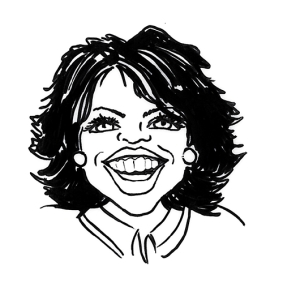
OPRAH WINFREY
The Oprah Winfrey Show is the highest-rated talk show in American television history. Heralded as the “queen of talk,” Oprah’s engaging interview style is defined by her likeability and high levels of engagement.
What Oprah Can Teach Us About Consumer Decoding
Be approachable.
People are more inclined to open up when they feel connected to the interviewer, so I try to find ways to ensure that the consumers feel comfortable enough with me to talk freely, revealing their honest thoughts and feelings. Often, it’s as simple as building in a little extra time at the beginning of the interview as a warm-up to learn more about the consumers—to show sincere interest in who they are as people.
As the interview goes on, I also like to make sure the interviewees know that I remain fully engaged. I laugh with them. I show concern if they express an issue or tension with something. I recount specific things they told me earlier in the interview. I find these little gestures go a long way towards making people feel more relaxed and willing to share.
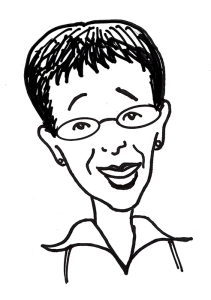
TERRY GROSS
Host of NPR’s Fresh Air, Terry Gross has been called one of the best cultural interviewers in America. She’s known for the extensive research she does prior to interviewing her guests, which allows her to ask unexpected questions and elicit unusual and fascinating responses.
What Terry Can Teach Us About Consumer Decoding
Be prepared.
Good interviewers always study up on their subjects’ backgrounds. Being familiar with who they are in all aspects of life—not just for the topic you’re planning to cover—helps boost your confidence and shows that you genuinely care about them and what they have to say.
The more I know about consumers prior to the interview, the better I’m able to fine-tune the discussion and go off-script when necessary to uncover new insights beyond what I already know. For example, if I’m interviewing a specific cohort (e.g., teen girls), I do my own research to understand what’s going on in their world—what’s popular in their lives, what’s important to them, what are their most common pain points and frustrations. I also study the recruiting grids and any other personal information provided beforehand to get a better glimpse into who they are as a person.
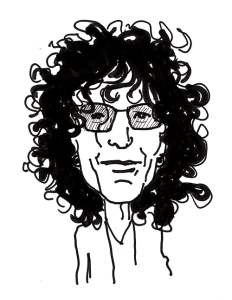
HOWARD STERN
Branded as the “shock jock,” Howard Stern has displayed an unpolished and undeniably provocative interview style throughout his 30-plus-year career. Despite occasional controversy, his sincerity and insatiable curiosity overpower any notion of boundaries, leading him to ask the type of questions that draw out even the deepest of secrets from his celebrity guests.
What Howard Can Teach Us About Consumer Decoding
Be curious.
To get beneath the surface, you must have curiosity and a true passion for learning more about others—without judgment.
I’ve found that one of the best ways to activate my curiosity is to engage consumers in their own homes or some other space that’s uniquely theirs. Besides putting them at ease and making them more willing to open up, talking to consumers on their turf lets you be nosy in a good way. It helps you make unique observations about their environment and break through boundaries by asking about every facet of their life. This curiosity and ask-about-anything mentality gives unique insight into their tensions, values and motivations that go well beyond what you normally find in a traditional interview setting.
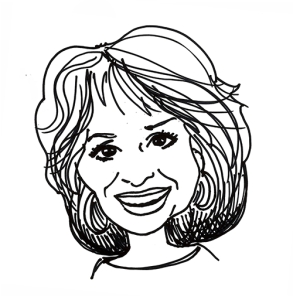
BARBARA WALTERS
Barbara is known for “personality journalism” and her “scoop interviews.” Barbara has said that one of the biggest keys to her success is her focus on always keeping the audience in mind and focusing on the story she wants to tell them.
What Barbara Can Teach Us About Consumer Decoding
Be the voice of your “audience.”
Yes, know the story you want to tell and stick to your purpose at hand. My clients are my “audience” and the compelling “story” I want to tell them is made up of the key information and insights they need to drive the myriad of business decisions they face.
This means I have to keep the objectives and desired outcome in mind at all times—from the planning phase through the research summary, and beyond. I must write discussion guides that facilitate rich conversations that will give me the elements I need to build our “story.” During an interview, I must ensure I’m staying on track and truly mining for answers to our established questions. During those times when I do have to go off-script or when a consumer takes me in an unexpected—but promising—new direction, I have to make sure that discussion always contributes to meeting our objectives and crafting the best research “story” possible.
So, what do you think of my list? Which other great interviewers should I add? Please share any other inspirational sources you’ve found that have helped you become a better consumer decoder—I’m constantly mining for additional best practices and tricks of the trade.
Jamila Watson is an Insights Strategist at Seed Strategy. With rich experience across a myriad of research methodologies, she has the intrinsic ability to empathetically step into the consumer’s shoes, anticipate needs and unlock rich, visceral motivations.
P.S. You can follow Seed Strategy on our LinkedIn, Twitter, Facebook and Instagram pages

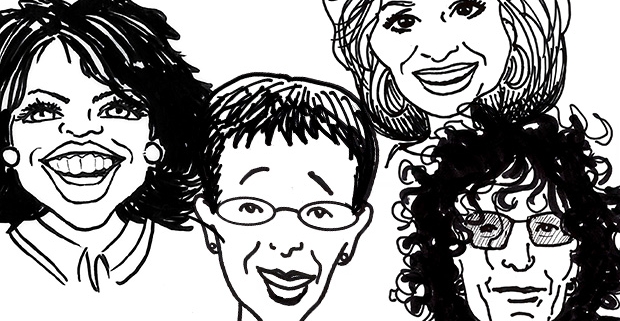


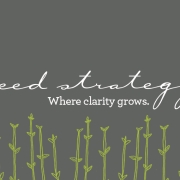



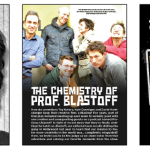

Trackbacks & Pingbacks
[…] 7. What Four Expert Interviewers Can Teach Us About Consumer Decoding […]
Comments are closed.